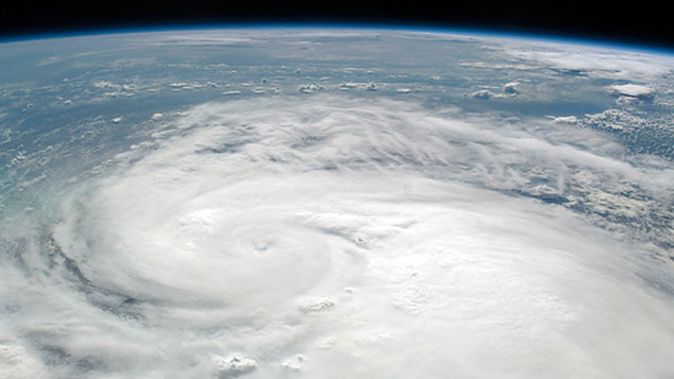
Climate change will boost the odds up to 14-fold for extremely rare, hard-to-predict tropical cyclones for parts of Australia, the United States and Dubai by 2100, researchers say.
The research, published on Monday in the journal Nature Climate Change, used a new approach to predict the frequency and intensity of rare superstorms dubbed "grey swans".
They focused on the high-risk coastal regions of Cairns in northeast Australia, Tampa in south Florida, and Dubai, and used an innovative statistical method to compensate for the lack of historical records.
The analysis by Ning Lin of Princeton University and a colleague showed that surges generated by grey swans striking Tampa or Cairns could reach six metres, and four metres for Dubai.
The damage caused by grey swans, as with all cyclones and hurricanes, is mostly from storm surges, which can be enhanced by higher water levels and tides.
Hurricane Katrina, which left 1500 people dead and caused some $US75 billion in damages in 2005, exemplified the destructive potential of such surges.
Even though tropical storms have never been recorded in the Gulf, the researchers found, local conditions suggested there was potential for a massive "once-in-10,000-year" storm.
When climate change - and future increases in sea level - were added to the mix, the chances of a grey swan increased manyfold.
For Tampa, for example, the interval for a freak storm - based on a "business-as-usual" scenario of unmitigated greenhouse gas emissions - drops from one every 10,000 years today, to about one every 2100 years by mid-century, and one every 1600 years by 2100.
"That means that the likelihood of such a storm in any given year will be between around four and 14 times higher at the end of the century than it is today," Lin said.
The UN's climate science panel says sea levels will rise 26 to 98 centimetres by century's end.
Take your Radio, Podcasts and Music with you









